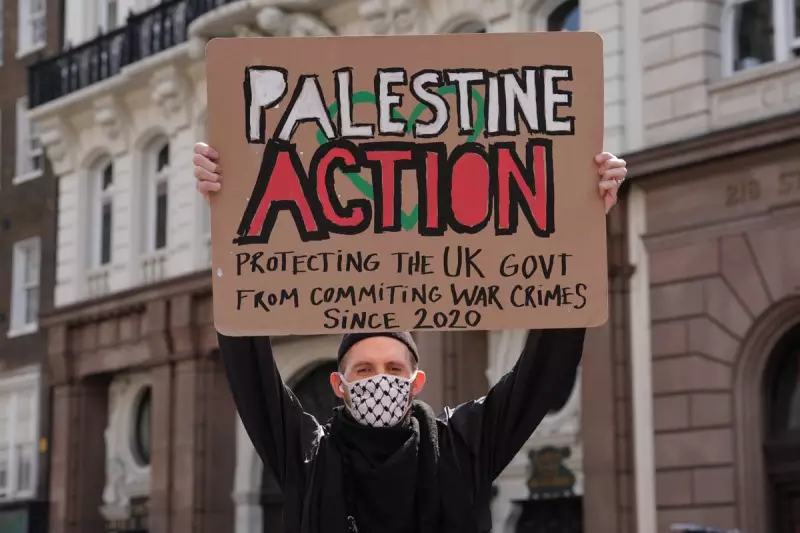
In a landmark legal move, the Crown Prosecution Service (CPS) has authorised terrorism-related charges against several supporters of the direct-action group Palestine Action. This decisive step marks a significant escalation in the UK's response to the group's campaign against Israeli defence company Elbit Systems.
The charges stem from a series of targeted protests and occupations aimed at Elbit's UK facilities. The CPS concluded that there was sufficient evidence to charge the individuals with offences under Section 12 of the Terrorism Act 2000, which pertains to the support of a proscribed organisation.
From Protest to Prosecution
Palestine Action is known for its disruptive tactics, which have included occupying rooftops, vandalising property, and gluing themselves to buildings in an effort to shut down Elbit's operations. The group alleges the company supplies weaponry to the Israeli military, claims which Elbit has consistently denied.
Until now, activists have typically faced charges for criminal damage or aggravated trespass. The application of terrorism legislation represents a profound shift in the state's approach, treating the activities not as public nuisance but as a national security concern.
A Contentious Legal Decision
The decision is certain to ignite fierce debate over the boundaries of protest and the definition of terrorism in modern Britain. Civil liberties groups have previously warned against the creeping use of terror laws against political activists, arguing it could have a chilling effect on legitimate dissent.
Prosecutors, however, have defended the move, stating that a thorough review of the evidence met the threshold for the serious charges. The cases will now proceed through the UK court system, where the legal arguments will be tested in detail.
This development places Palestine Action and its methodology under unprecedented scrutiny, setting a potential legal precedent for how similar direct-action movements are policed and prosecuted in the future.





